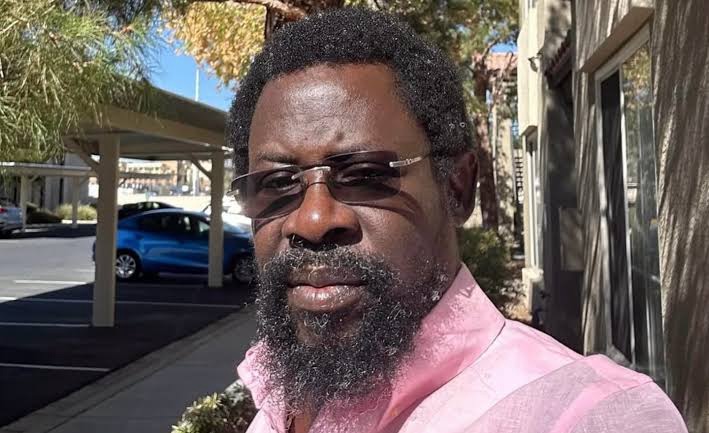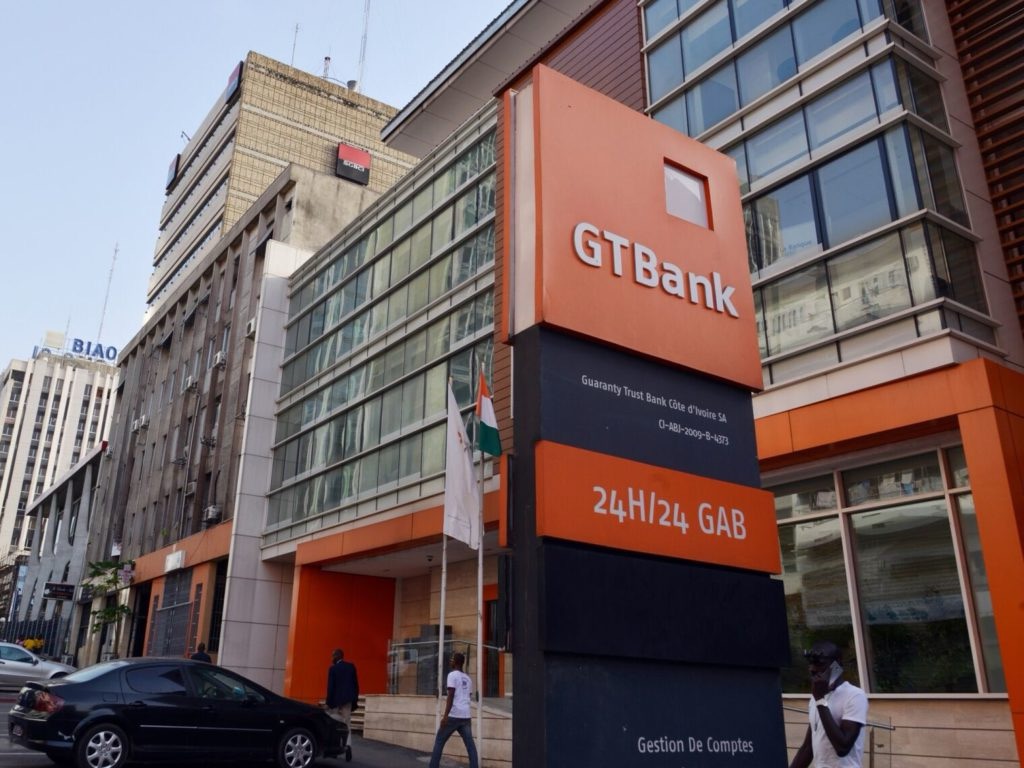In a groundbreaking initiative, the Coalition for Epidemic Preparedness Innovations (CEPI) has announced funding of up to $9.9 million for a vaccine safety project led by the Global Vaccine Data Network (GVDN). This project, titled “Background Rates of Adverse Events for Vaccine Evaluation in Africa,” aims to generate baseline data on naturally occurring clinical events, such as Guillain-Barré Syndrome and sensorineural hearing loss, across multiple African research sites.
The project brings together leading institutions, including the University of the Witwatersrand (South Africa), Navrongo Health Research Center (Ghana), International Foundation Against Infectious Diseases (Nigeria), Eagle Research Center (Rwanda), and KEMRI-Wellcome Trust Research Programme (Kenya). These institutions will address a longstanding gap in vaccine safety data by establishing region-specific benchmarks for adverse events occurring without medical intervention in African populations.
Guillain-Barré Syndrome is a rare neurological disorder in which the body’s immune system mistakenly attacks the peripheral nerves, causing weakness, tingling, and, in severe cases, paralysis. Sensorineural hearing loss is a type of hearing impairment caused by damage to the inner ear or the nerve pathways that transmit sound signals to the brain.
CEPI’s Director of Clinical Development, Jakob Cramer, emphasized the importance of this initiative, stating, “Having this newly formed network in place will help contextualize any adverse events reported in clinical trials and will ultimately enable timely evidence generation of vaccine safety during public health responses in Africa.” He added that access to data on expected adverse events specific to the region will support decision-makers in interpreting safety findings from clinical trials, speeding up access to safe, effective vaccines for affected populations during emergencies.
Historically, African countries have relied on vaccine safety data generated in the Global North, which may not account for the unique ways African populations respond to infections and vaccinations. GVDN Co-Director, Dr. Steven Black, noted, “With this collaboration, the GVDN will be helping provide data to assure vaccines used in Africa are both safe and effective. With new pathogens emerging in this region, developing this capacity is critical.”
The data collected will enable researchers to distinguish between adverse events of special interest (AESIs) linked to vaccines and those occurring at expected background rates within the population. Initially, the data will be applied to CEPI-supported Lassa fever vaccines under development, with results to be published on GVDN’s public dashboard for the benefit of the global scientific community.
Prof. Stephen Obaro, Co-Founder of the International Foundation Against Infectious Diseases (Nigeria), emphasized the broader impact of the work: “Investing in generating data from Africa is crucial for improving our scientific understanding of vaccine value and performance in the context of local disease epidemiology and potential adverse events following their use. This data plays a key role in combating misinformation and building local capacity in vaccine science.”





